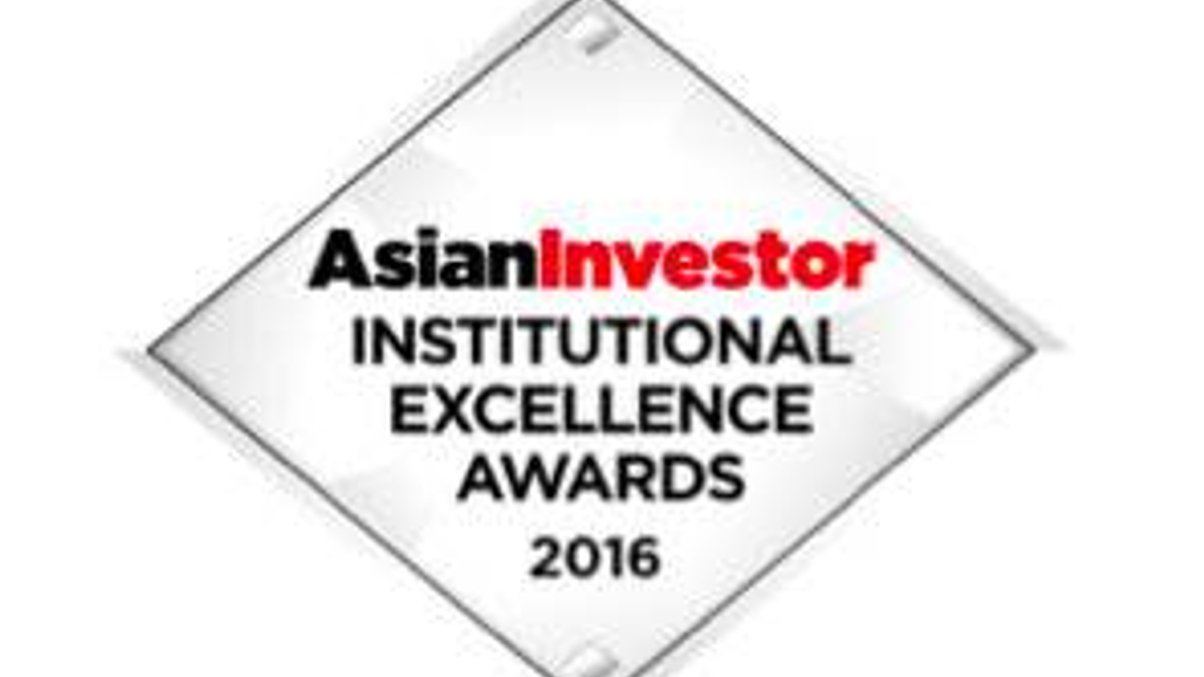award
EPF and Cathay Life set pace in building talent
We continue to reveal why AsianInvestor's Institutional Excellence Awards were handed out this year. Today: the winners in the market categories of Southeast Asia and Taiwan.

Malaysia's Employees' Provident Fund (EPF) and insurer Cathay Life received AsianInvestor's Institutional Excellence Awards for their home markets (Southeast Asia and Taiwan, respectively). Here we outline why they were chosen.
Sign in to read on!
Registered users get 2 free articles in 30 days.
Subscribers have full unlimited access to AsianInvestor
Not signed up? New users get 2 free articles per month, plus a 7-day unlimited free trial.
¬ Haymarket Media Limited. All rights reserved.


